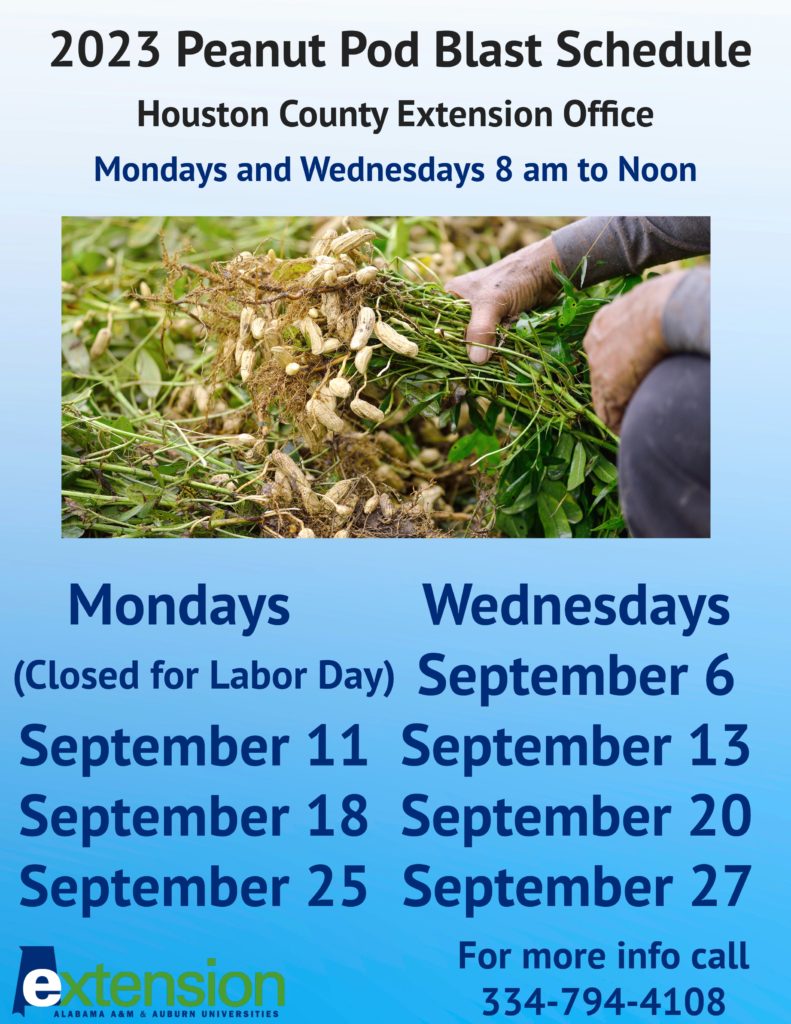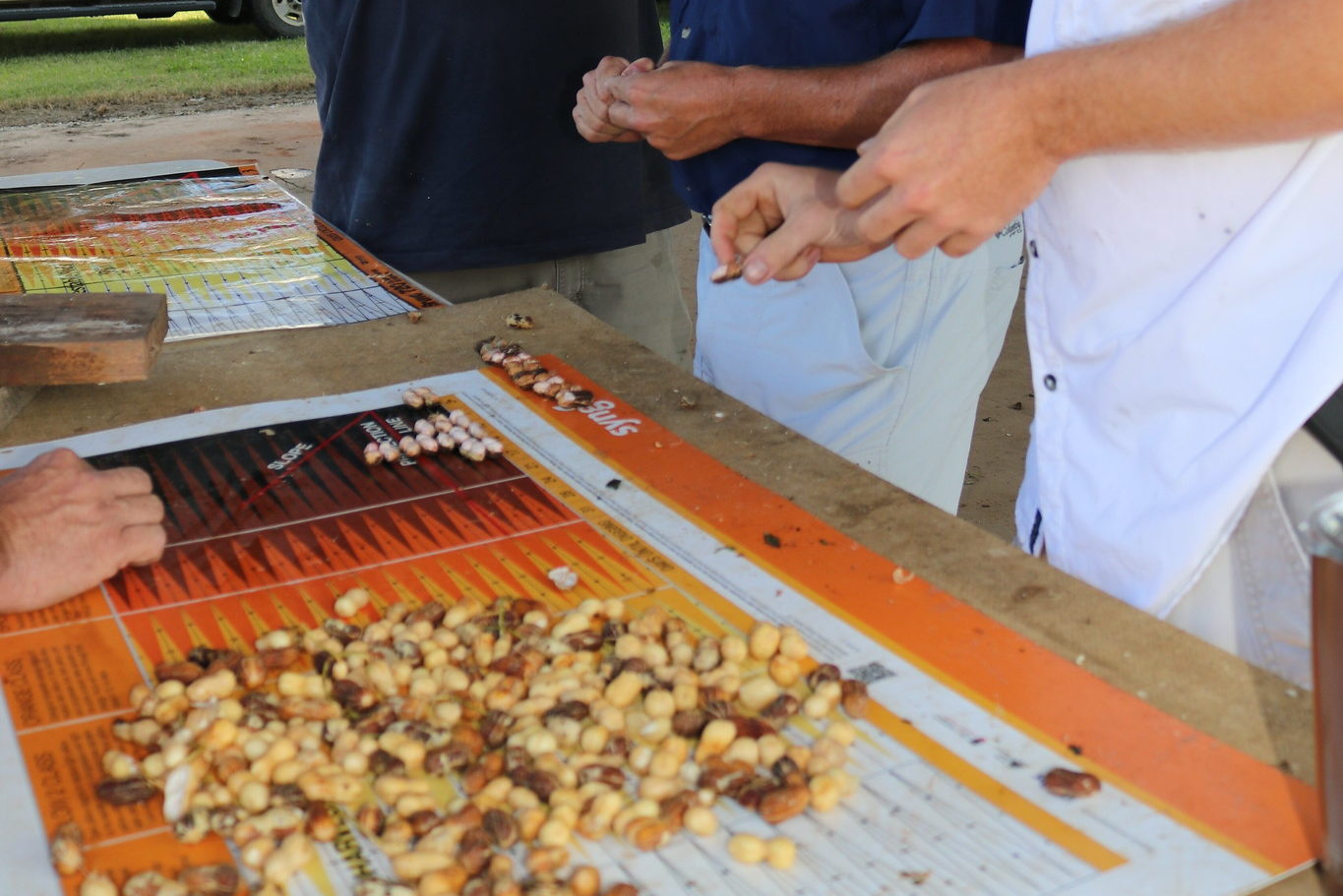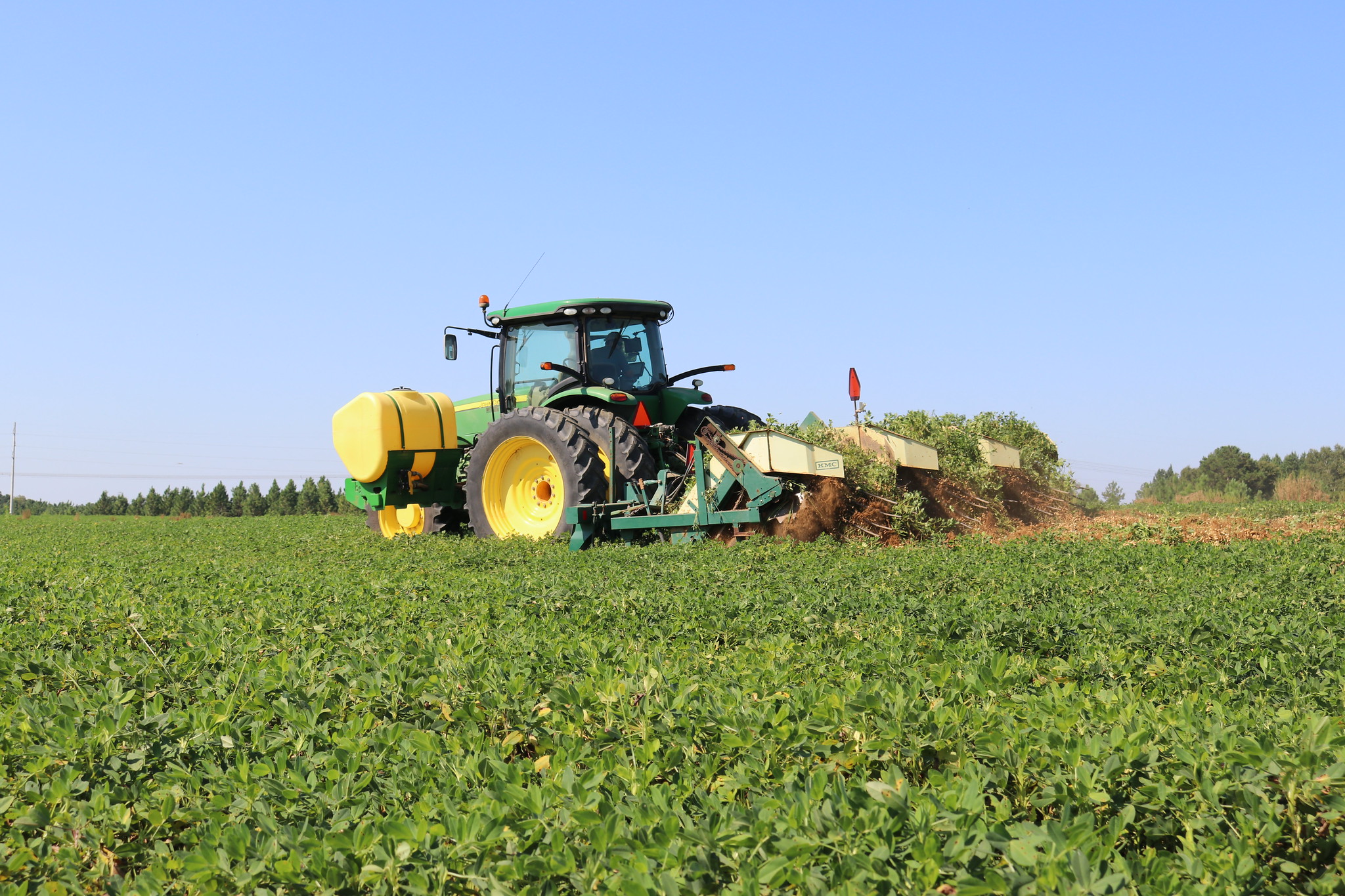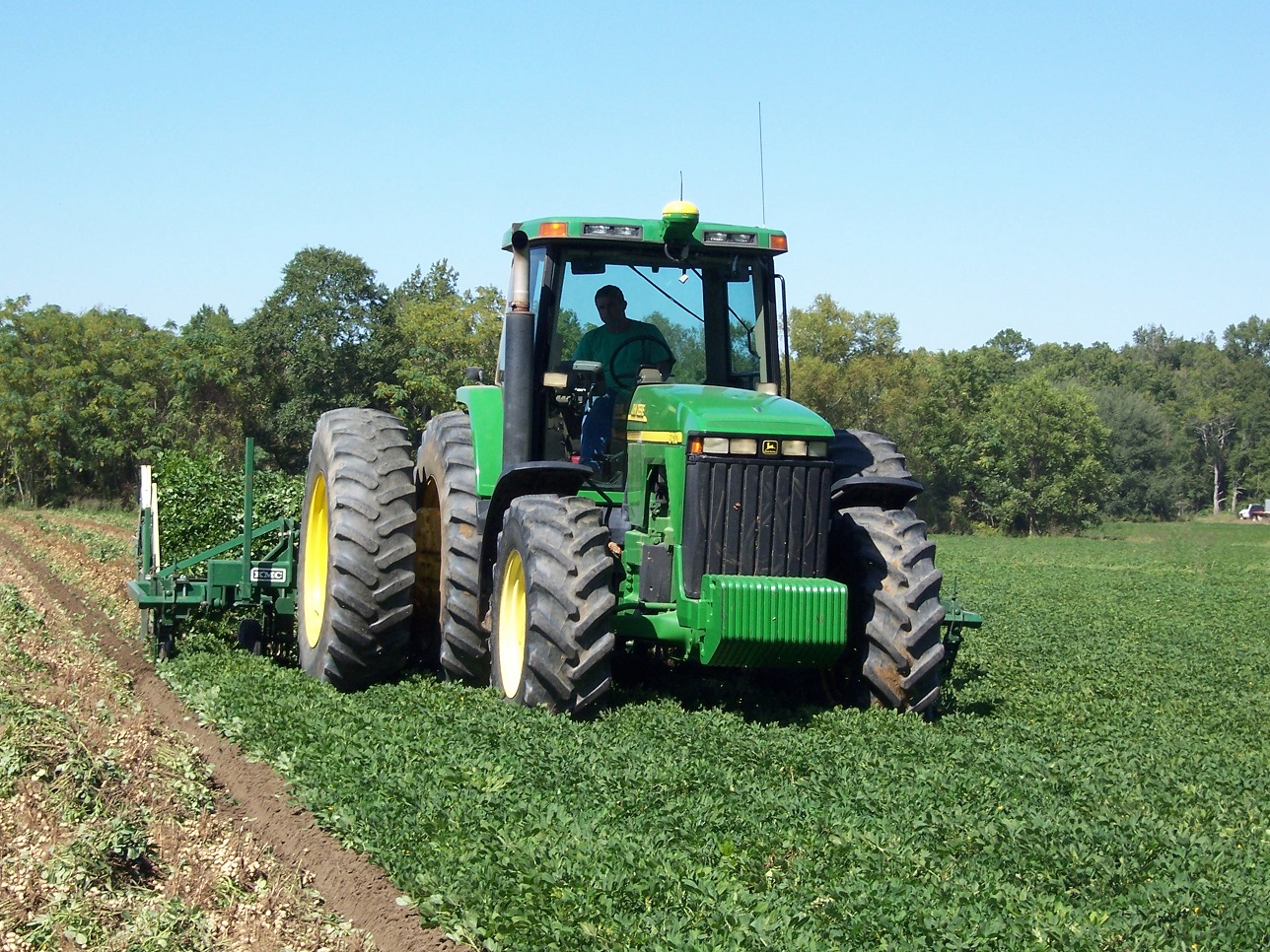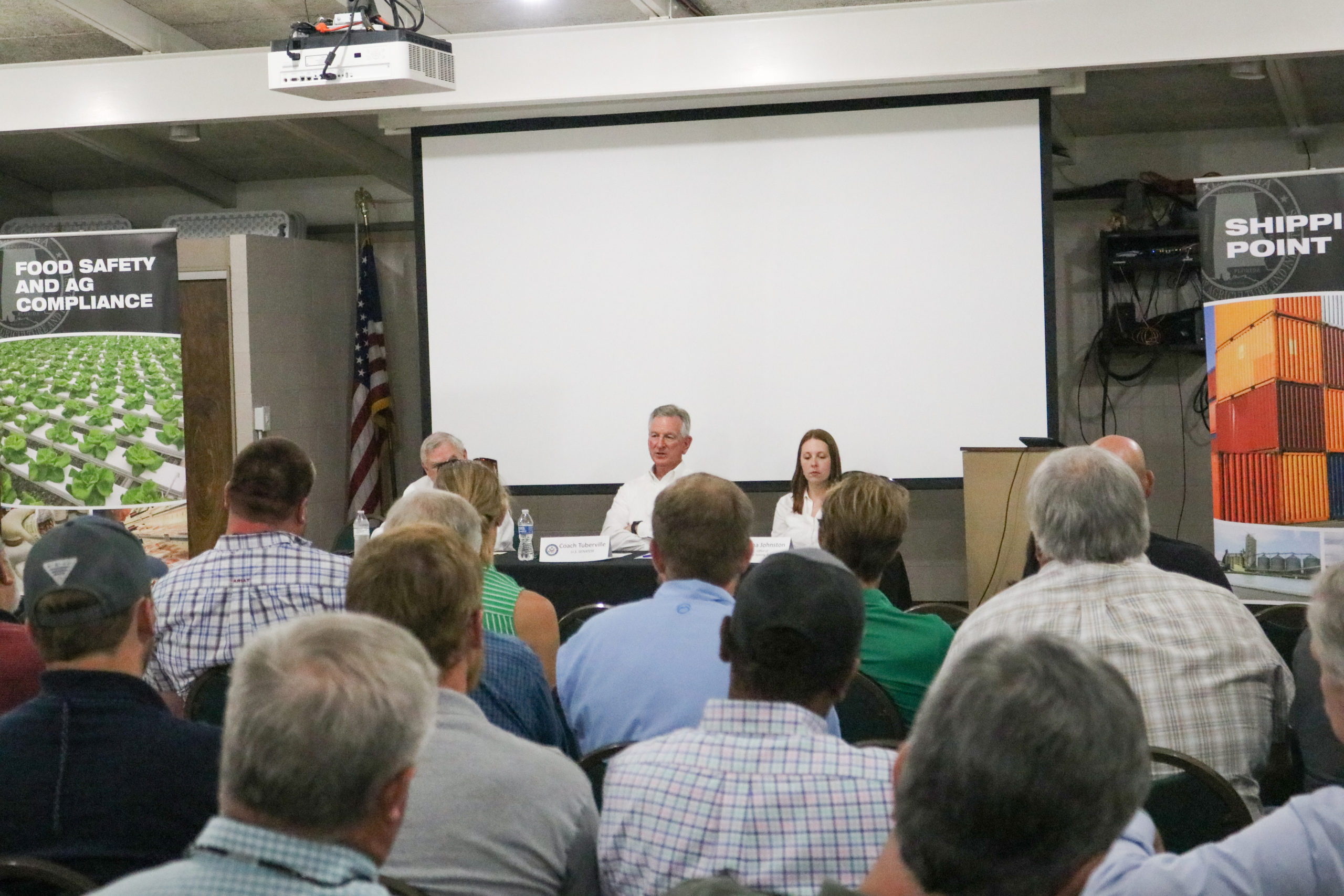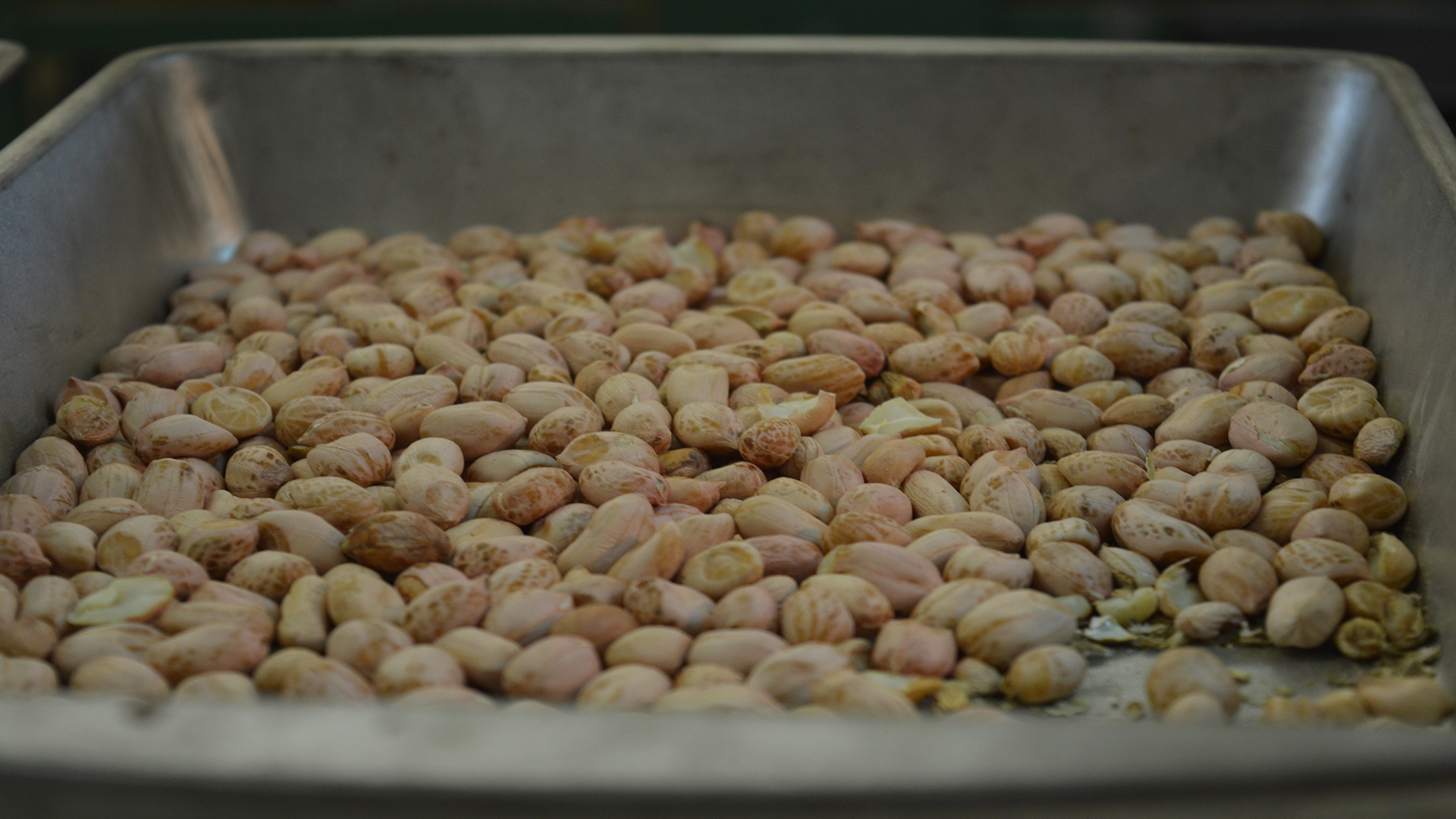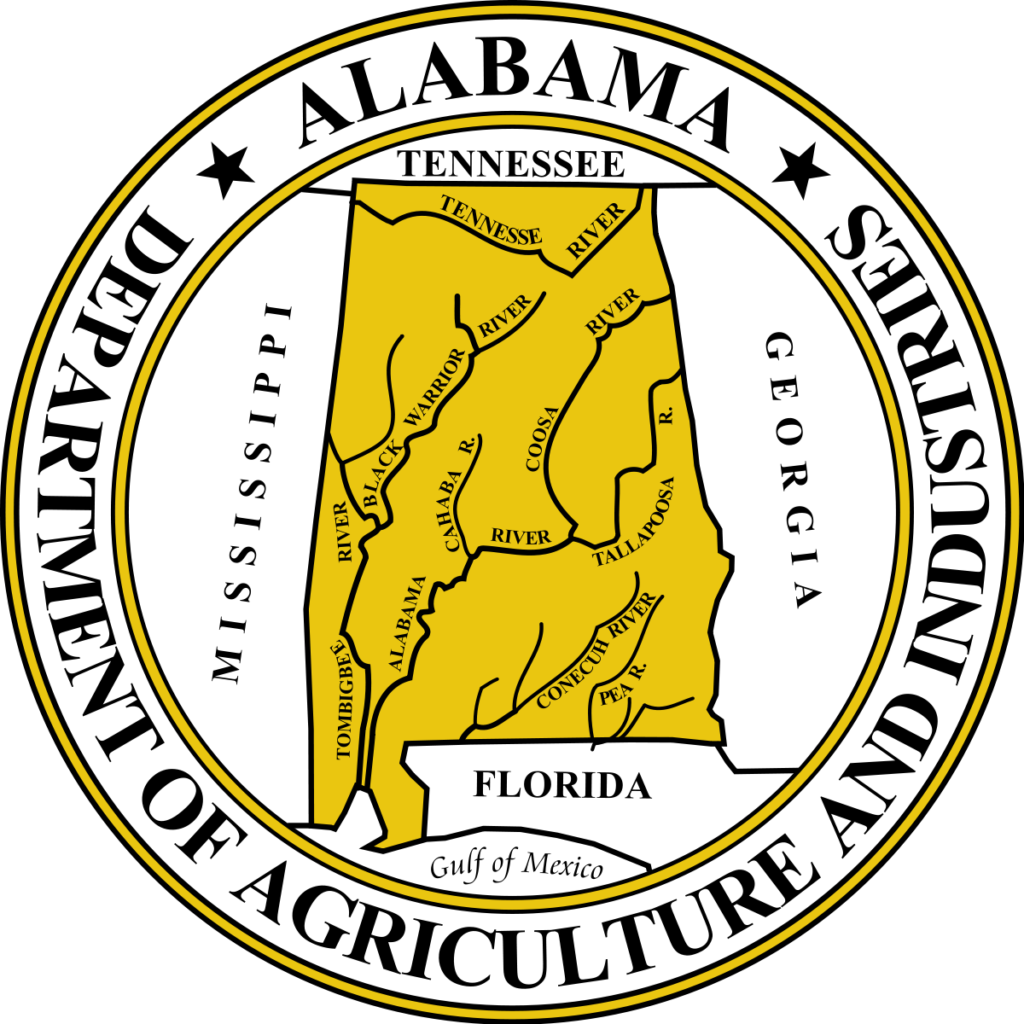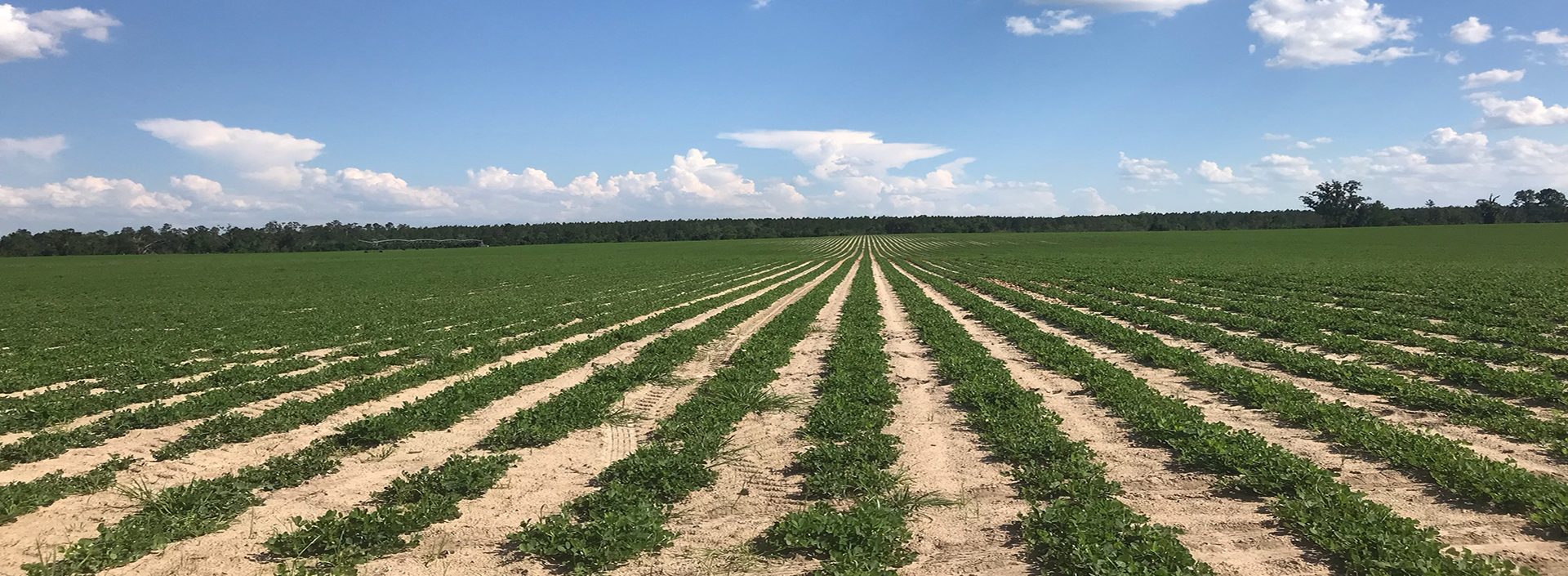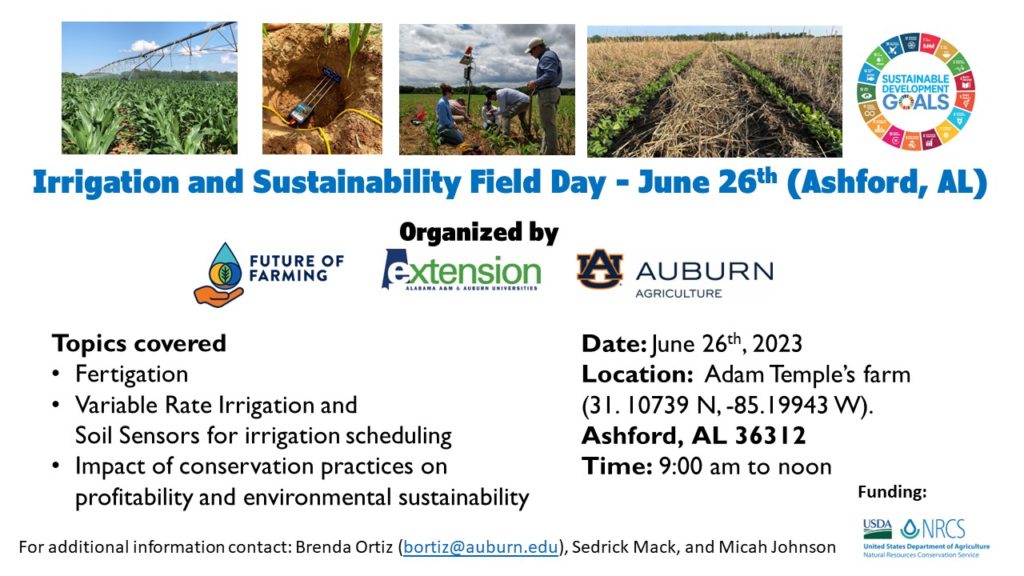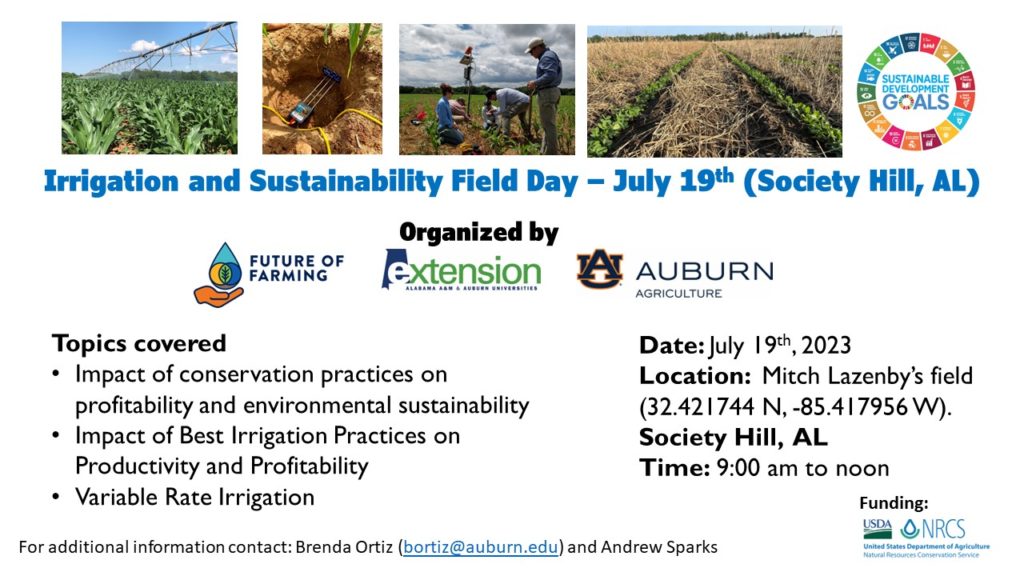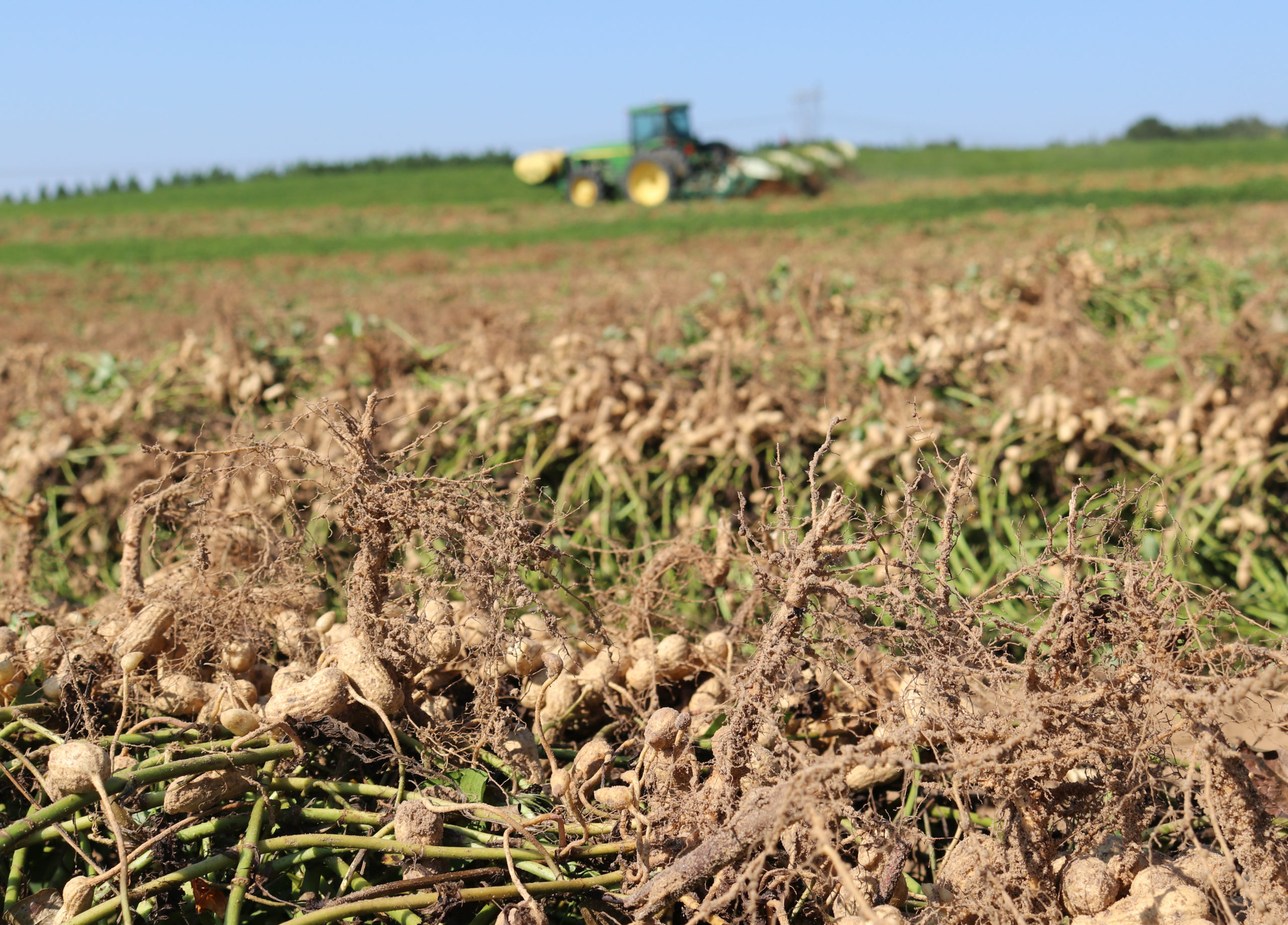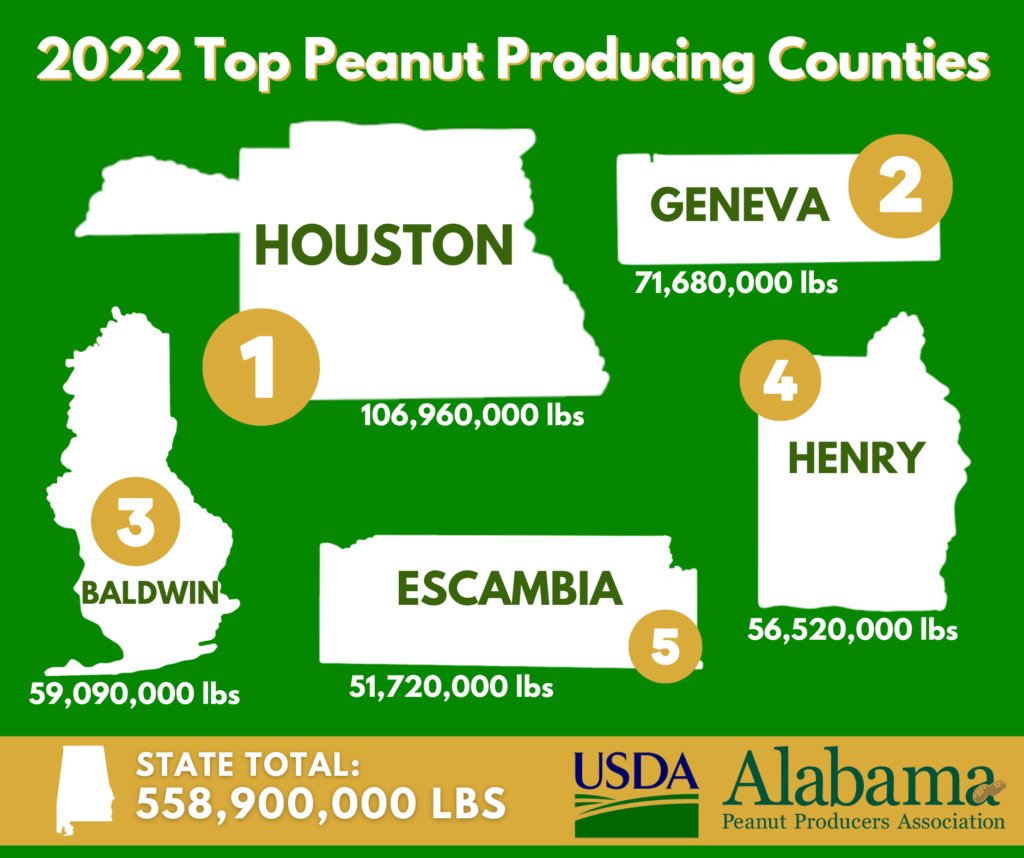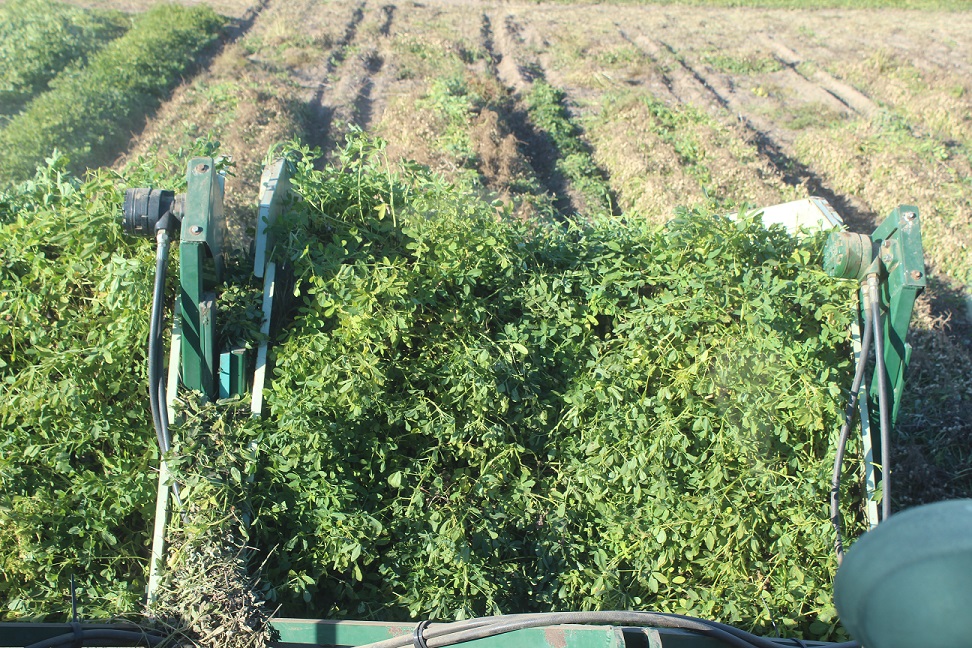WASHINGTON, Aug. 11, 2023 – The U.S. Department of Agriculture (USDA) today announced it will begin providing additional, automatic financial assistance for qualifying guaranteed Farm Loan Programs (FLP) borrowers who are facing financial risk. The announcement is part of the $3.1 billion to help certain distressed farm loan borrowers that was provided through Section 22006 of the Inflation Reduction Act.
“USDA continues to make progress on our goal to provide producers access to the tools they need to help get back to a financially viable path and ultimately succeed as thriving agricultural businesses,” said Agriculture Secretary Tom Vilsack. “The financial assistance included in today’s announcement will provide a fresh start for distressed borrowers with guaranteed farm loans and will give them the opportunity to generate long-term stability and success.”
Since the Inflation Reduction Act was signed into law by President Biden in August 2022, USDA has provided approximately $1.15 billion in assistance to more than 20,000 distressed borrowers as a part of an ongoing effort to keep borrowers farming, remove obstacles that currently prevent many borrowers from returning to their land, and improve the way that USDA approaches borrowing and loan servicing in the long-term. The financial assistance announced today will provide qualifying distressed guaranteed loan borrowers with financial assistance similar to what was already provided to distressed direct loan borrowers. Based on current analysis, the financial assistance announced today will assist an estimated approximately 3,500 eligible borrowers, subject to change as payments are finalized.
An FLP guaranteed loan borrower is distressed if they qualify under one of the options below. FLP guaranteed borrowers who qualify under multiple options will receive a payment based on the option that provides the greatest payment amount:
• Payment of any outstanding delinquency on all qualifying FLP guaranteed loans as of Oct. 18, 2022. This includes any guaranteed loan borrowers who did not receive an automatic payment in 2022 on that loan because they were not yet 60 days delinquent as of Sept. 30, 2022, as well as guaranteed borrowers that became delinquent on a qualifying FLP guaranteed loan between September 30, 2022, and Oct.18, 2022.
• Payment on a qualifying FLP guaranteed loan for which a guaranteed loan borrower received a loan restructure, which modified the guaranteed loan maturity date, between March 1, 2020, and Aug. 11, 2023. The payment amount will be the lesser of the post-restructure annual installment or the amount required to pay the loan in full. The guaranteed loan must not have been paid in full prior to Aug. 11, 2023.
• Payments on certain deferred amounts on qualifying FLP guaranteed loans, not to exceed $100,000, for guaranteed borrowers who received a deferral or another type of payment extension, for at least 45 days, between March 1, 2020, and Sept. 30, 2022, from their guaranteed lender on that qualifying guaranteed loan in response to COVID-19, disasters, or other revenue shortfalls. The Inflation Reduction Act payment amount will be the lesser of the most recent deferral or extension amount on the qualifying FLP guaranteed loan, or the amount required to pay that loan in full. The guaranteed loan must not have been paid in full prior to Aug. 11, 2023.
This assistance is only available for FLP guaranteed loan borrowers who did not or will not receive an initial payment on the same FLP guaranteed loan under Inflation Reduction Act assistance announced in October 2022.
Distressed guaranteed borrowers qualifying for this assistance will receive a United States Department of the Treasury check that is jointly payable to the borrower and the lender. These borrowers will also receive a letter from FSA informing them of Inflation Reduction Act assistance they will receive as well as instructions to make an appointment with their lender to process the payment and apply it to their qualifying guaranteed loan accounts. Guaranteed lenders will receive an email in the coming days informing them of this assistance and any next steps. Lenders will also receive letters informing them which borrowers will receive assistance and the amount of assistance they will receive.
Any distressed guaranteed borrowers who qualify for these forms of assistance and are currently in bankruptcy will be addressed using the same case-by-case review process announced in October 2022 for complex cases.
FSA will also provide relief to qualifying FLP guaranteed loan borrowers determined to be distressed borrowers based on liability for remaining federal debt subject to debt collection and garnishment after the liquidation of their guaranteed loan account as of July 31, 2023. This will allow some borrowers to potentially return to farming. Guaranteed borrowers who qualify for this assistance will have their federal debt paid automatically by FSA and will receive a letter informing them of the payment made on their federal debt.
All letters to qualifying guaranteed loan borrowers will contain instructions for opting out of assistance if a borrower chooses to do so.
Important Tax Information
Similar to other USDA Inflation Reduction Act assistance, payments provided to borrowers and payments to be applied to FSA farm loan accounts will be reported to the Internal Revenue Service (IRS). Borrowers receiving this assistance will receive a 1099 form from FSA. Please note that payments over $600 are subject to Federal and State Income Taxes and will be reflected on your annual 1099 form. Borrowers are encouraged to consult a tax professional with all tax-related questions regarding any Inflation Reduction Act assistance received. USDA also has tax-related resources at farmers.gov/taxes.
Individual Requests for Farmers Seeking Assistance
In addition to the automatic payments announced today for distressed guaranteed loan borrowers, FSA continues to accept and review individual distressed borrower assistance requests from direct loan borrowers who missed a recent installment or are unable to make their next scheduled installment on a qualifying direct FLP loan. All FSA direct borrowers should have received a letter detailing the eligibility criteria and process for seeking this type of assistance, which is available even before they become delinquent. As the letter details, borrowers who are within two months of their next installment may seek a cash flow analysis from FSA using a recent balance sheet and operating plan to determine their eligibility.
FSA direct borrowers also received a letter detailing an opportunity to receive assistance if they took certain extraordinary measures to avoid delinquency on their qualifying direct FLP loans, such as taking on or refinancing more debt, selling property, or cashing out retirement or college savings accounts.
Borrowers can submit requests for extraordinary measures or cash flow-based assistance in person at their local FSA office or by sending in a direct request using the farmers.gov 22006 assistance request portals at farmers.gov/loans/inflation-reduction-investments/assistance. All requests for assistance must be received by Dec. 31, 2023.
As USDA learns more about the types of situations financially distressed farmers are facing, the Department will continue to update borrowers and the public about new assistance for distressed borrowers. USDA will also provide regular updates about its progress in deploying this funding to farmers who need it.
USDA touches the lives of all Americans each day in so many positive ways. In the Biden-Harris administration, USDA is transforming America’s food system with a greater focus on more resilient local and regional food production, fairer markets for all producers, ensuring access to safe, healthy and nutritious food in all communities, building new markets and streams of income for farmers and producers using climate smart food and forestry practices, making historic investments in infrastructure and clean energy capabilities in rural America, and committing to equity across the Department by removing systemic barriers and building a workforce more representative of America. To learn more, visit www.usda.gov.
#
